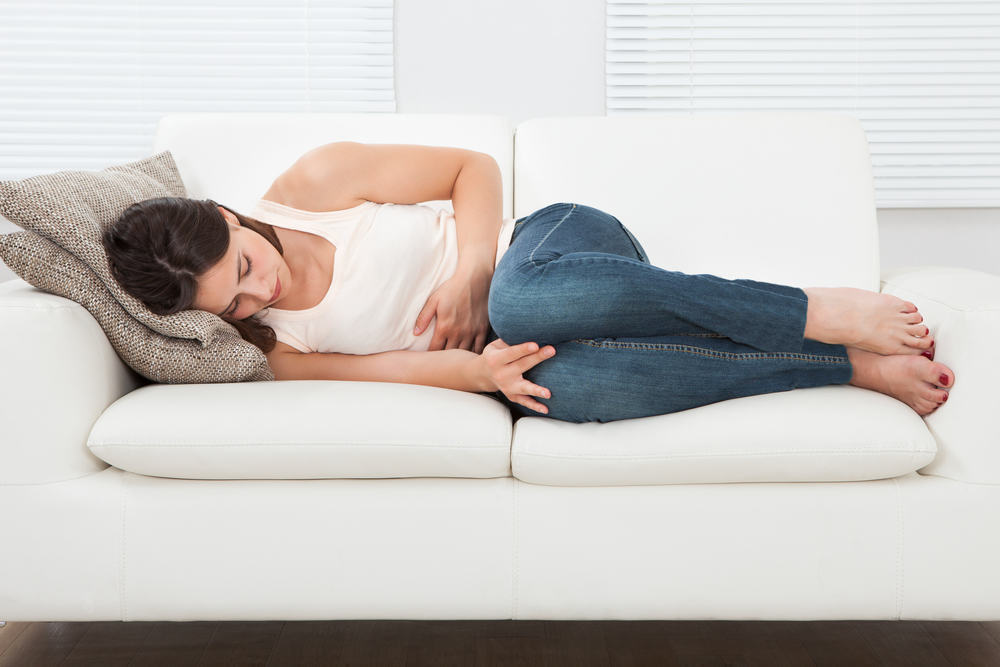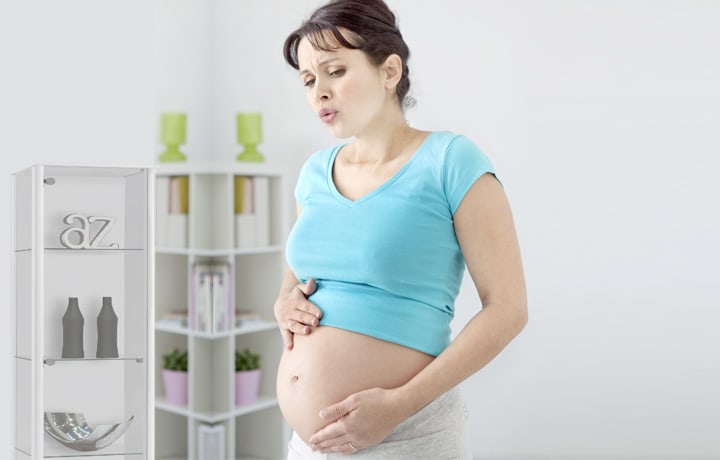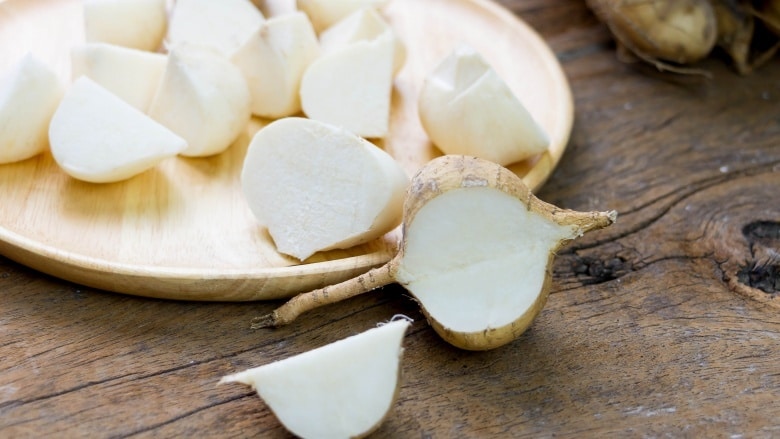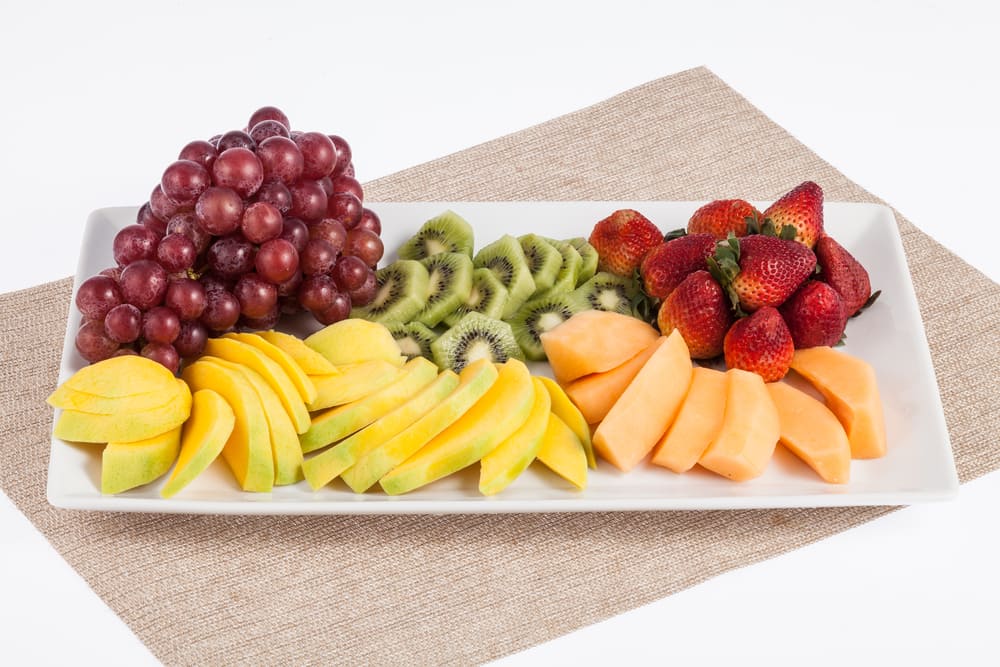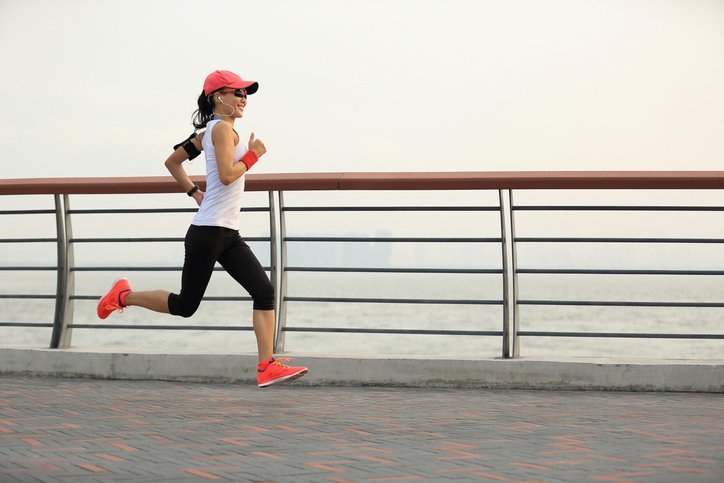Contents:
- Medical Video: How To Deal With Menstrual Pain By Massaging
- 1. Physical activity
- 2. Compress the stomach
- 3. Drink tea
- 4. Make sure your vitamin D intake is sufficient
- 5. Avoid certain foods and drinks
Medical Video: How To Deal With Menstrual Pain By Massaging
Menstrual pain or also called dysmenorrhea is the pain that a woman subscribes to every menstruation. If you often experience pain and cramps during menstruation, you are not alone. At least 3 out of 4 women experience mild dysmenorrhea and 1 in 10 experience severe symptoms.
You may usually treat pain due to menstruation using pain relievers such as ibuprofen. But before hurrying to take medication, you can try the following tips to reduce menstrual pain:
1. Physical activity
During menstruation, you may tend to be more lazy on the bed. However, mild exercise can actually help reduce the pain you experience.
When exercising, your blood circulation will become smoother and the endorphins produced can help balance the work of the prostaglandin hormone so you can reduce the pain and discomfort you experience.
You can choose the type of exercise that is safe during menstruation, such as light jogging or aerobics.
2. Compress the stomach
You can try compressing your stomach with a bottle of warm water. The heat generated will help relax the contracting uterine muscles to minimize pain. Or you can try a warm bath to relax all parts of the body.
3. Drink tea
If you have never tried chamomile tea, this might be a good time to try the flower scented tea. In a journal released by the Journal of Agriculture and Chemistry, there are certain ingredients in chamomile tea that can reduce pain.
The study showed 14 people who participated in the study had a significant increase in hippurate levels. Hippurate is a compound in the body that acts as a natural anti-inflammatory. This anti-inflammatory can help reduce prostaglandin production and reduce menstrual pain.
4. Make sure your vitamin D intake is sufficient
A study in Italy reported by Health.com showed an influence of vitamin D on pain during menstruation. In the study, 40 women were divided into two groups. The first group took a vitamin D3 supplement at a dose of 300,000 IU while the second group received placebo treatment.
Consumption of this supplement is done 5 days before the schedule of participants starting their menstrual period. After two months, there was a decrease in pain complaints by 41% in the group taking vitamin D3 while in the placebo group there was no difference in reported menstrual pain.
According to Dr. Jill Rabin, Head of the Obstetrics and Gynecology Section of Long Island Jewish Medical Center, vitamin D3 can help inhibit the work of prostaglandins to reduce pain. The vitamin also has an anti-inflammatory effect.
Although it is still debated whether the effect of vitamin D3 supplementation really has an effect on dysmenorrhea, but if you can meet your vitamin D needs (vitamin D needs per day for adult women ranges from 500-600 mcg) then it is not impossible you can avoid dysmenorrhea.
5. Avoid certain foods and drinks
Fatty foods, soda, alcohol is a type of food and drink that you should avoid. These foods and drinks can cause bloating and water resistance in your body, which worsens menstrual pain.
In addition, caffeine is also one that you need to avoid. Caffeine found in coffee, tea, soda, and chocolate can aggravate cramps and tension in the stomach. Likewise the consumption of sugar which is usually found in caffeinated foods and drinks.
You can replace coffee and tea with a warm ginger or lemon drink. Ginger and lemon can help reduce abdominal pain and provide a calming effect.
READ ALSO:
- 3 Bad Habits When Menstruation Must Be Left
- Why Is My Menstruation Irregular?
- What You Need to Know About Cramps and Menstrual Pain

